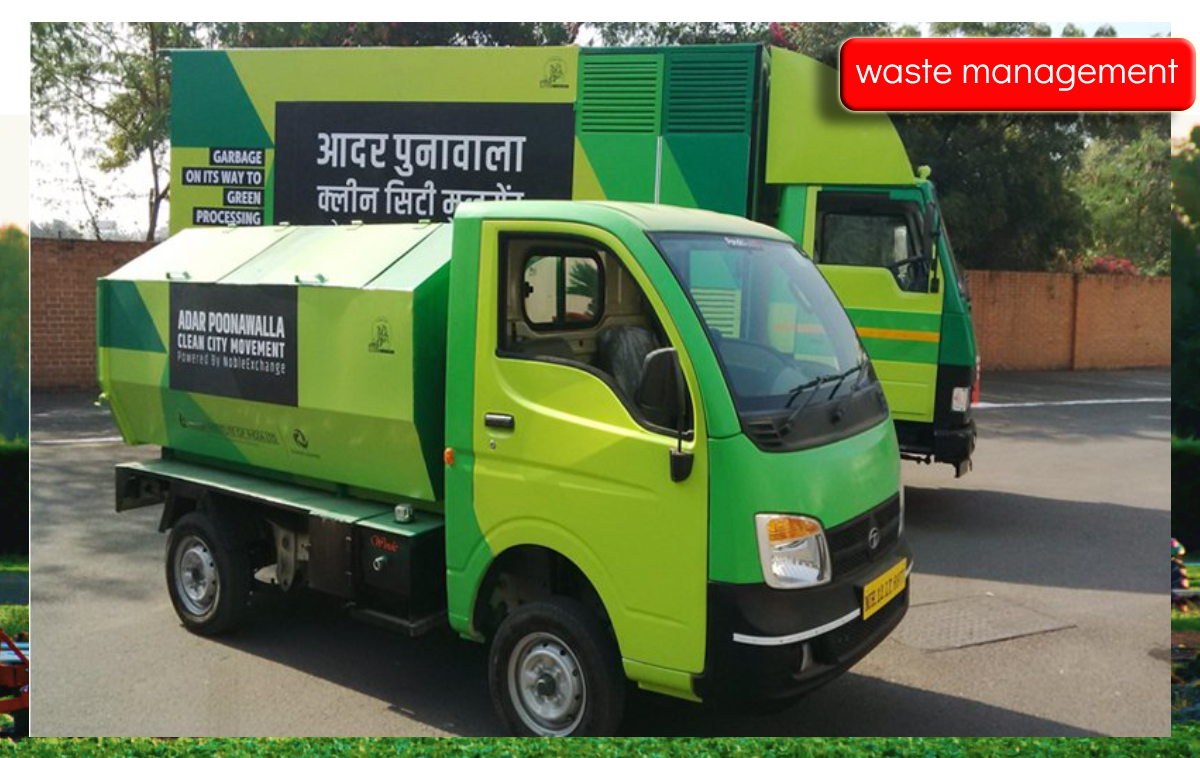
FleetStack for Waste Management
Welcome to the Waste Management page of Fleet Stack, where we explore the transformative impact of GPS tracking software in revolutionizing waste management operations. In this article, we delve into the numerous benefits and practical applications of GPS tracking technology in the waste management industry. From route optimization to asset management, GPS tracking software has emerged as a powerful tool for enhancing efficiency, improving sustainability, and optimizing waste management processes.
Route Optimization and Efficiency
Efficient routing is crucial in waste management operations. GPS tracking software enables real-time tracking of waste collection vehicles, allowing for route optimization based on current traffic conditions, collection points, and fill-level monitoring. By analyzing data on historical routes and real-time information, waste management companies can identify the most efficient routes, reduce travel time, minimize fuel consumption, and enhance overall operational efficiency. GPS tracking software ensures that collection routes are optimized, leading to cost savings and improved service delivery.
Asset and Bin Management
Managing waste bins and assets is a critical aspect of waste management operations. GPS tracking software enables real-time monitoring and management of waste bins and collection assets. By equipping bins with GPS-enabled devices, waste management companies can track bin locations, monitor fill levels, and optimize collection schedules. GPS tracking software helps ensure that bins are efficiently managed, preventing overflow, reducing unnecessary pickups, and improving resource allocation.
Environmental Compliance and Reporting
Compliance with environmental regulations and reporting requirements is essential in the waste management industry. GPS tracking software assists in monitoring and documenting waste collection activities. By tracking the movement of waste collection vehicles, waste management companies can ensure compliance with designated collection areas, proper disposal sites, and time-sensitive regulations. GPS tracking software simplifies data collection, generates accurate reports, and facilitates streamlined compliance processes.
Theft Prevention and Security
Theft and unauthorized use of waste collection vehicles and assets can have significant financial and operational impacts. GPS tracking software plays a crucial role in theft prevention and security. By equipping vehicles and assets with GPS-enabled devices, waste management companies can track their locations in real time and receive immediate alerts in case of unauthorized movement or tampering. GPS tracking software deters theft, facilitates rapid recovery, and enhances overall security measures.
Data Analysis and Optimization
GPS tracking software provides valuable data for analysis and optimization in waste management operations. By collecting and analyzing data on vehicle routes, collection frequency, and fill levels, waste management companies can identify patterns, optimize operations, and make informed decisions. This data-driven approach improves resource allocation, reduces costs, and enhances sustainability by minimizing unnecessary collections and maximizing waste processing efficiency.
Conclusion:
GPS tracking software has become an invaluable tool in the waste management industry, driving efficiency, enhancing sustainability, and optimizing waste management processes. From route optimization and asset management to compliance monitoring and theft prevention, GPS tracking technology offers a range of applications that revolutionize waste management operations. By harnessing the power of GPS tracking software, waste management companies can streamline operations, reduce costs, and contribute to a cleaner and more sustainable environment.
